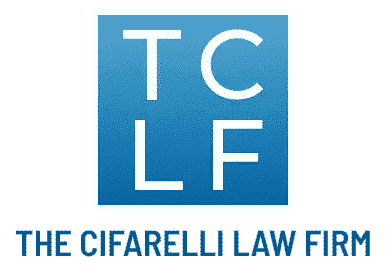The poor rate of reporting of sexual assaults by adult victims, only one out of three assaults are reported according to one survey of victims, is disturbing. Equally as chilling is that 73 percent of children who have been abused do not report it for at least a year, 45 percent wait as long as five years to report it and some children never tell anyone about being victimized. Parents, teachers and other adults must take an active role in recognizing the signs indicating that a child could be the victim of sexual abuse and take action to report it and see to it that the victim receives proper medical attention, counseling, and support.
Sexual Abuse of Children Takes Many Forms
Sexual abuse, whether initiated by a teacher, coach, relative or another person, may involve physical contact, including:
• Inappropriate touching of the genitals, breasts and other private areas
• Compelling child to touch another person’s genital area or private areas
• Vaginal or anal penetration
• Encouraging a child to participate in sexual games
Abuse is not limited to contact or touching. Non-contact behaviors may include:
• Adult exposing genital areas to a child
• Compelling children to watch others engage in sexual activities
• Provide a child with pornographic materials
• Using a child in the production of pornographic material
• Voyeurism
Other activities that might appear normal can be part of a pattern of sexual abuse. For example, emails or text messages of a sexual nature sent to a child are a form of sexual abuse.
Signs of Abuse Adults Should Watch for in a Child
Parents might notice physical signs indicating their child is being sexually abused. Bruising and soreness in the area of the genitals or mouth could be signs of abuse warranting having the child examined by a physician.
Behavioral changes could be indicators of a child being victimized. Adults should take note of any of the following behaviors in a child:
• Inappropriately acting out in a sexual way
• Difficulty going to asleep or experiencing nightmares
• Bedwetting
• Secretive and withdrawn
• Loss of appetite
• Unexplained fear of certain people or places
• Emotional outbursts, including anger or crying
Adults observing behavioral or physical changes in a child should not immediately assume the cause to be sexual abuse. The best approach is to be talking with the child and asking questions to identify the cause what the adult is observing. Seeking help from a physician or mental health counselor might be helpful to determine the cause.
Contact Us
Children who are the victims of sexual abuse by adults at schools, youth sports organizations, churches or other organizations could be entitled to compensation. The dedicated attorneys at The Cifarelli Law Firm have spent more than 25 years in the aggressive pursuit of justice and adequate compensation for the victims of sexual abuse. If you believe your child has been abused, contact us now by calling (949) 502-8600 or use the form on our website to schedule a free and confidential consultation with an attorney.

